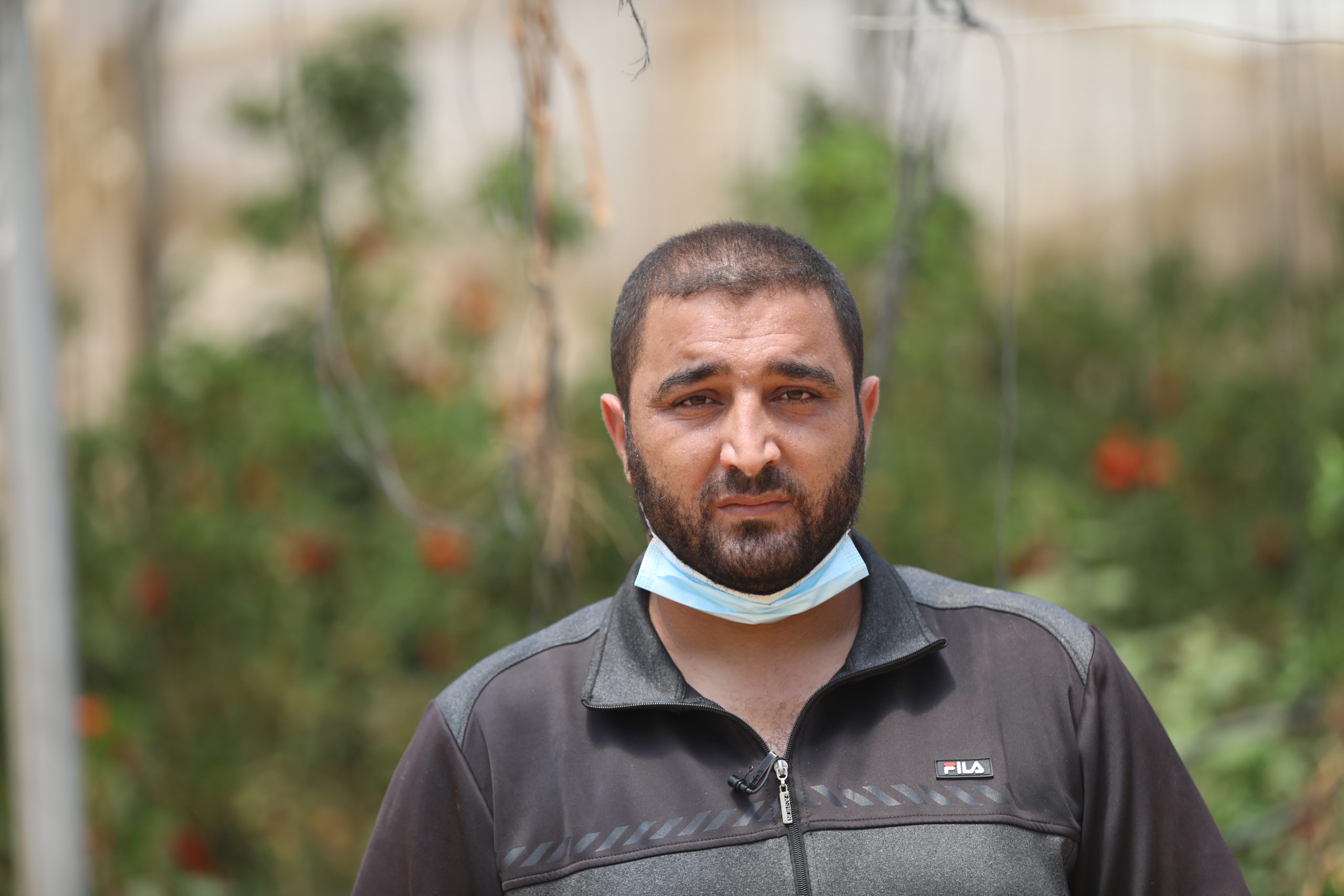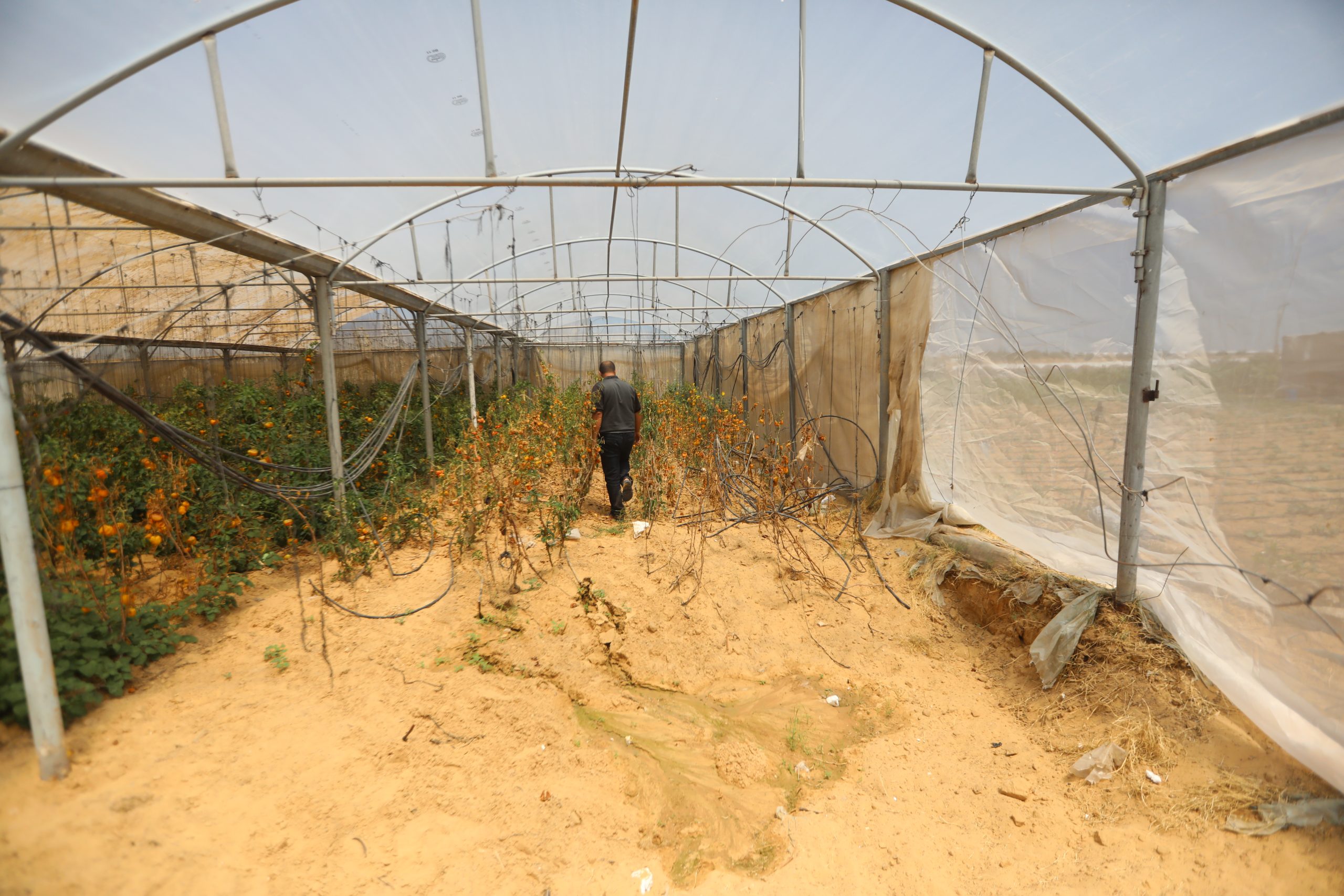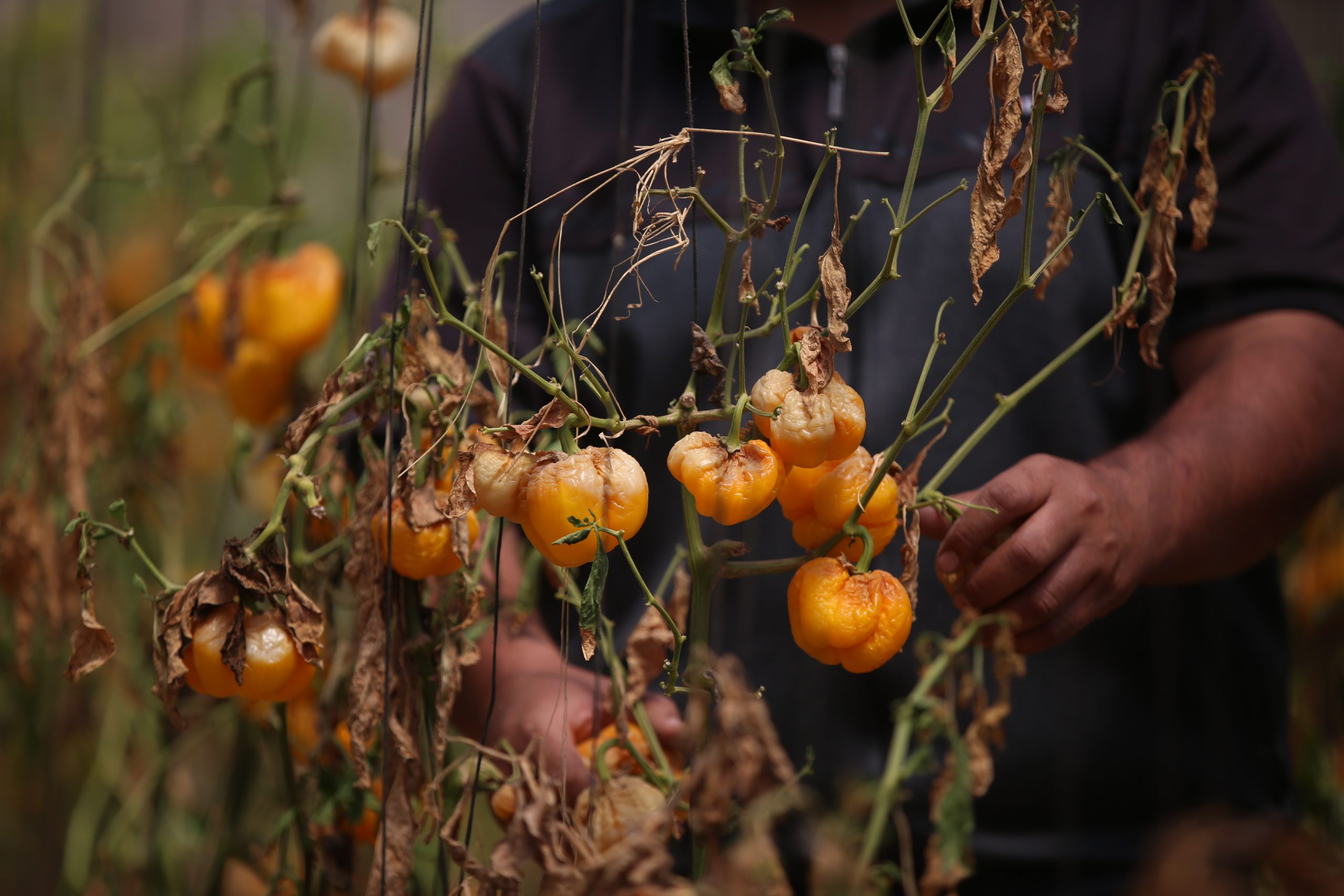The situation in Gaza is unbearable for many. It has been described as an “open-air prison”, and things have been getting even worse amid the Covid-19 pandemic.
The Gaza Strip is one of the most densely populated places on Earth. It has a population of approximately 2.1 million people and since 2007 has been under a land, sea and air blockade imposed by Israel.
Years of conflict and the blockade have left 80% of the population dependent on humanitarian assistance to survive. Access to clean water is not possible for 95% of the population, and there is an ongoing power shortage which impacts essential services like health, water and sanitation.
Almost half of Gaza’s people do not have enough food, around 60% of children are anaemic and many children suffer from stunted growth due to malnutrition.
The blockade has sealed off Gaza from the rest of the world, crippling the economy and trapping residents – including a generation of young people who have no hope of prospects for development. 70% of youth are now unemployed. Fear and lack of hope for the future have become the norm among young people in Gaza.
We call on all actors to ensure that the protection of Palestinian youth be made a primary consideration, and the reassertion of the principles of protection are derived from the International Humanitarian Law (IHL) and the International human rights law (IHRL). We call on all actors to ensure the need for safety and security for young people to cross borders to access livelihoods.
My dream is just to provide for my children


“I never imagined that my greenhouse would be bombed and that I would my livelihood in the blink of an eye.
“I spent all my time and effort on my small plot. Every day after Fajr prayer, I would go to the greenhouse to look after my crops. I loved being there and seeing the seedlings growth day by day.
“My brother would work with me, and we were able to support 2 families with our earnings. We worked hard with what we had and didn’t ask for more help. We sold our crops in the market and were able to provide for our families.
“I would grow melons, cucumbers, and tomatoes, but now we will not be able to sell any crops in the market. This year we should have also been able to sell some sweet peppers, unfortunately the crop has been damaged and destroyed.

“When I saw the greenhouse after the bombing, I felt sadness and depression. I almost couldn’t bear to see all the crops and the state they were in. When I went to check, I came back with a deep sorrow that was eating away at my heart.
“After the bombing stopped for a little while, I thought to myself that feeling depressed will lead to failure so I went back to the greenhouse to fix what I could. The destruction was massive, plastics had melted, remnants of rockets remained and toxic gasses from the missiles were still being emitted. The whole crop needed to be removed and I need to try to start again.
“I am determined to get back, but I know that I can’t repair this greenhouse by myself. I am estimating my loss to be about $5,000, which is a big amount for me and more that I can save up.
“I hope that Islamic Relief will help me and stand by me so I can fix this greenhouse and save my crops.
“Everyone has dreams, my dream is only that I can provide for my children”, says Wesam.
HELP PEOPLE LIKE WESAM FEED THEIR FAMILIES. DONATE TODAY










